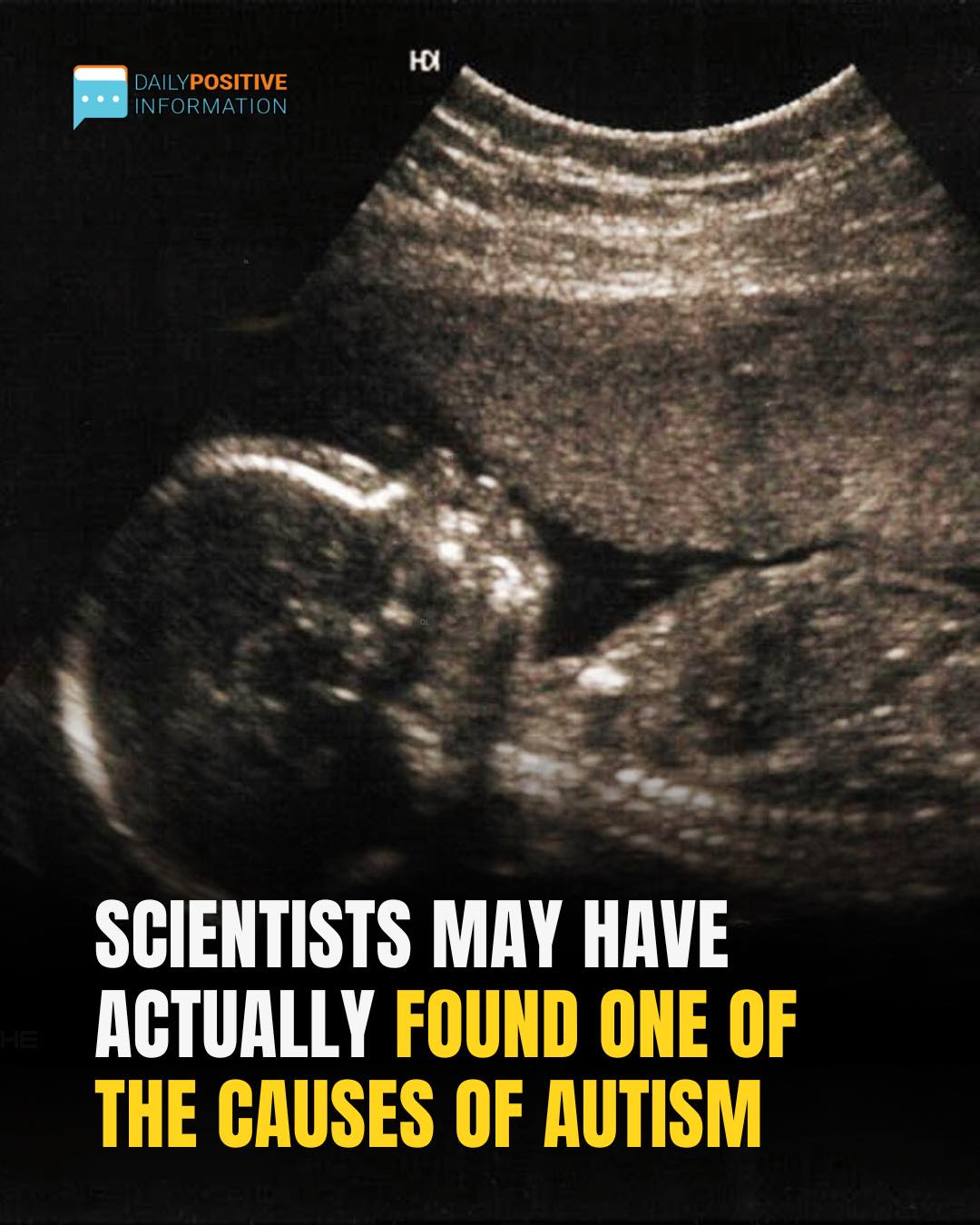Study Suggests Key Link That Could Help Explain Autism Development
Recent studies have highlighted the importance of gut microbiota on our health, influencing everything from mental health to autoimmune disorders. A new study published in The Journal of Immunology suggests a link between gut microbiota and autism, specifically that the mother’s microbiota may have a greater impact on autism risk than the child’s.
Researchers found that interleukin-17a (IL-17a), a molecule produced by the immune system, could play a role in autism development. IL-17a is known for its involvement in conditions like psoriasis and multiple sclerosis and affects brain growth during pregnancy.
In animal tests, when IL-17a was suppressed in pregnant mice, their pups exhibited normal behavior. However, pups born to mothers with a specific gut microbiota developed autism-like behaviors later on. Fecal transplants from the first group of mice to the second group caused similar outcomes, suggesting the microbiota’s role in autism development.
While these findings are based on animal studies and may not directly apply to humans, they suggest that the mother’s gut health plays a role in neurodevelopmental disorders. The next step is to identify which components of the mother’s microbiome contribute to autism and explore potential human correlations.






